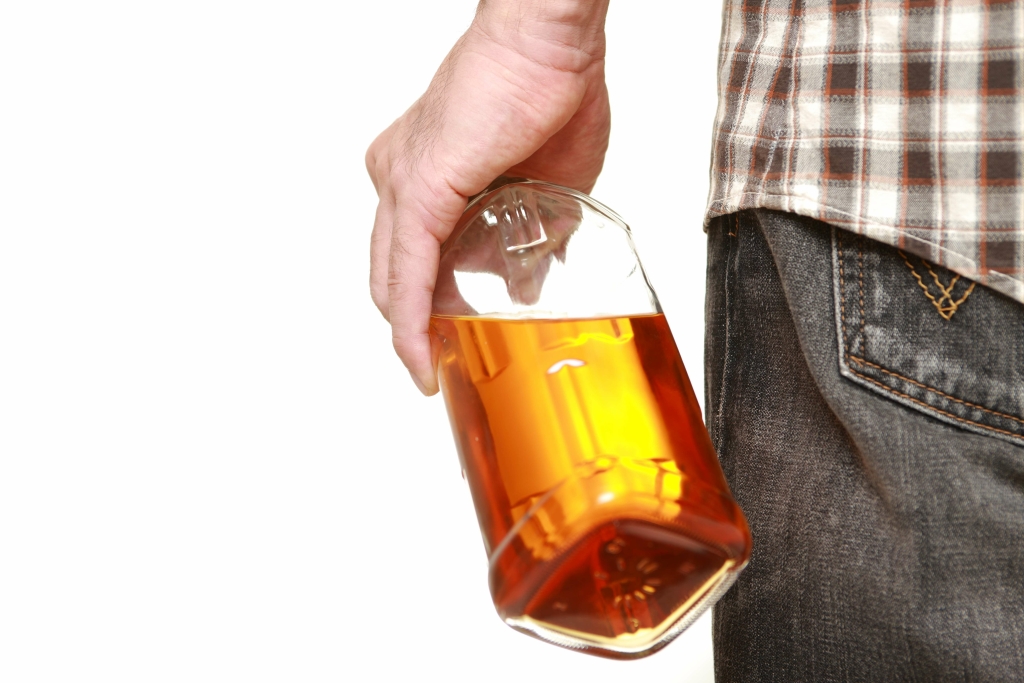It can cause changes to the brain and neurochemistry, so a person with an alcohol addiction may not be able to control their actions. It can be difficult to know whether or not to abstain from alcohol to support a loved one in recovery. Treatment settings teach patients to cope with the realities of an alcohol-infused world. Just like any other illness, it is ultimately the responsibility of the individual to learn how to manage it.
Alcohol Addiction
If you join this well-known group, which offers free meetings around the world, other members will guide you through AA’s 12 steps to recovery. The first step is accepting that it’s hard for you to control your drinking. You don’t need to have every one of these signs alcoholism to have alcohol poisoning.

Early-Stage Alcoholism
Mutual-support groups provide peer support for stopping or reducing drinking. Group meetings are available in most communities at low or no cost, https://srsystemsus.com/sober-living-nyc-sober-house-in-nyc-2/ and at convenient times and locations—including an increasing presence online. This means they can be especially helpful to individuals at risk for return to drinking. Combined with medications and behavioral treatment provided by health care professionals, mutual-support groups can offer a valuable added layer of support. In this disorder, people can’t stop drinking, even when drinking affects their health, puts their safety at risk and damages their personal relationships. Studies show most people can reduce how much they drink or stop drinking entirely.

Alcohol Use Disorder Treatment: A Complete Guide
Other medications, such as acamprosate, can help reduce your craving to drink once you’re sober. This can include stress in your life, whether an overwhelming event or a bunch of smaller stressors that build up over time. If you began drinking alcohol before the age of 15, you may be more likely to have AUD, especially if you’re assigned female at birth. AUD is a complex brain disorder, the cause of which remains unknown. So far, experts believe that it’s caused by a combination of the genes you inherited from your parents and your environment.
Check your drinking
Though at-risk and binge drinking can result in a range of adverse consequences, not all people who engage in these kinds of unhealthy alcohol use have alcohol use disorder. Cognitive–behavioral therapy can take place one-on-one with a therapist or in small groups. This form of therapy is focused on identifying the feelings and situations (called “cues”) that contribute to heavy drinking and managing stress that can lead to a return to drinking.
You must first have access to alcohol before becoming dependent on the substance. A strong family history of alcoholism is a warning you are at increased risk of becoming dependent on alcohol. Increased awareness of such a risk factor may help modify your attitude toward alcohol consumption. A strong social support system and early medical or psychiatric intervention may also help prevent the escalating consumption of alcohol so characteristic of alcoholism.

Below is a list of some of the providers who are typically involved in alcohol treatment and the type of care they may offer. Alcoholism, now known as alcohol use disorder, is a condition in which a person has a desire or physical need to consume alcohol. Treatment can include counseling, medications, residential programs, and support groups.
Health On the Net Foundation
Their representatives will discuss whether their facility may be an option for you. These calls are offered at no cost to you and with no obligation to enter into treatment. By seeking help, you can get closer to the healthy life you deserve.
Antabuse (disulfiram) is an older drug that works by causing an adverse reaction to alcohol whenever you drink it. You’ll experience symptoms like nausea, vomiting, and flushing Alcoholics Anonymous whenever you drink alcohol when on the medication. You might also be prescribed medications for alcohol use disorder to help with your condition, particularly in severe cases.
- If you feel that you sometimes drink too much alcohol, or your drinking is causing problems, or if your family is concerned about your drinking, talk with your health care provider.
- It is often diagnosed more through behaviors and adverse effects on functioning than by specific medical symptoms.
- One analysis of 27 studies and over 10,000 participants showed that AA/12-step programs are the most effective ways to abstain from alcohol.
- Alcohol is the most commonly used substance in the United States, with 84% of people 18 and older reporting lifetime use, according to data from the 2022 National Survey on Drug Use and Health.
ER Visits Due to Alcohol Use Raise the Risk of Death Within a Year
Discover how many people with alcohol use disorder in the United States receive treatment across age groups and demographics. How does the program or provider handle a return to drinking? Setbacks can be common, so you will want to know how they are addressed. For more information on a return to drinking, see An Ongoing Process.
